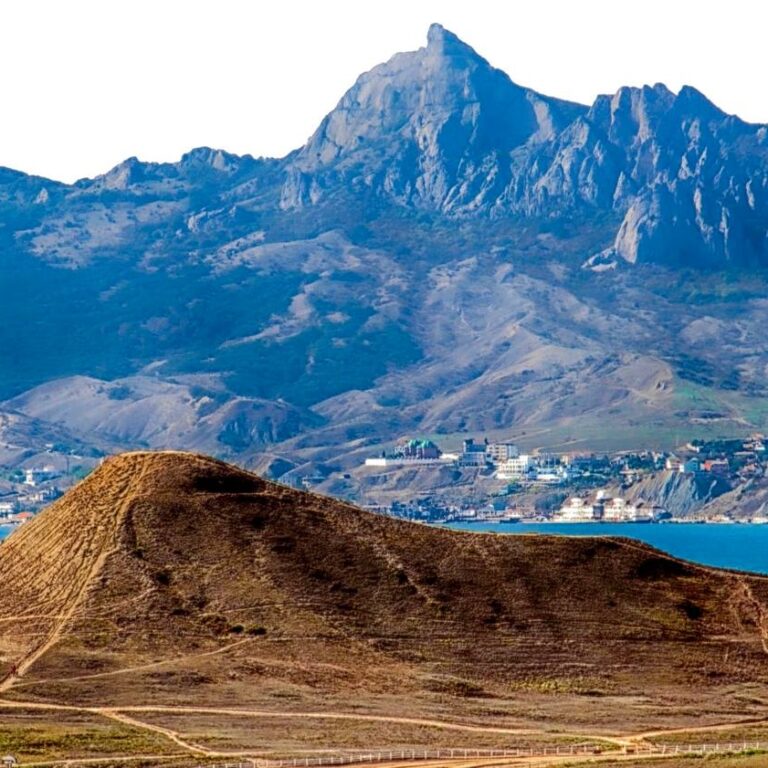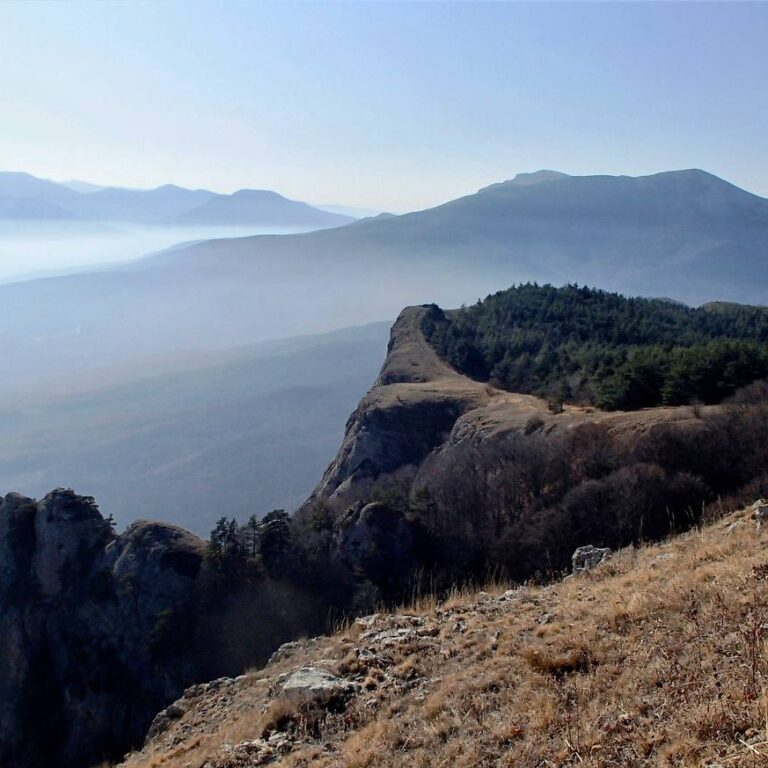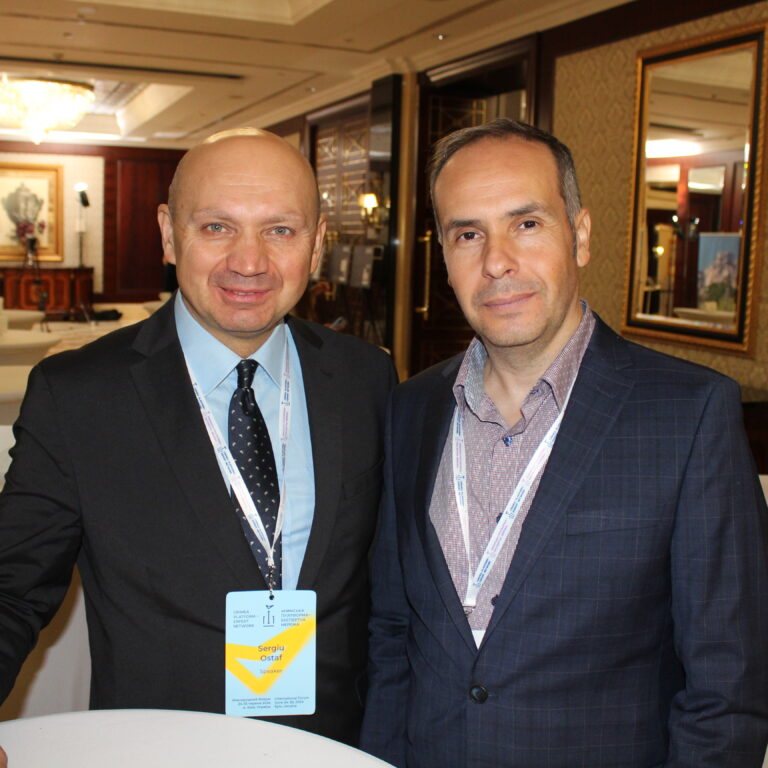Professor Borys Babin
For a week now, Russian propaganda has been “quivering in ecstasy” from the allegedly “historical and breakthrough” visit of the Chinese “red emperor” to Moscow and the allegedly “historical documents” declared there, including the fight against “three challenges: terrorism, extremism and separatism”, as well as the alleged need to “combat discrimination in all areas, including sports”.
These statements are not new, and for example, the aggressor and Beijing’s constant theses about “fighting terrorism” have become “white noise” within the framework of the Shanghai Cooperation Organization and since the time of the Shanghai Convention on Combating Terrorism, Separatism and Extremism adopted in 2001.
Prior to this, constant statements about “fighting these troubles” were indicated in the Alma-Ata Joint Statement of 1998, the Bishkek Declaration of 1999, the Dushanbe Declaration of 2000 and the Declaration on the Establishment of the SCO.
These documents, to put it mildly, had almost no effect on the development of both the states of Asia and the whole world. However, both the SCO and the “profile convention” are considered by their participants not so much as an international organizational mechanism, as a cargo cult borrowed from the democratic nations of the world, without a clear vision of how to use it.
At the same time, the Crimean aggressor’s “talking heads”, who usually “lick” every breath from the Kremlin, prefer to remain silent about “Chinese friendship forever”.
And the point here is not their obvious involvement in separatism and discrimination, which is so “angrily condemned” as another Kremlin and Beijing dictators, since everyone understands perfectly well that no ritual “joint documents” of the two regimes stamped over the last decade of Xi’s rule not worth the paper used to compile them.
It’s just that the Crimean collaborators, from among the “entrances to the offices” of the Yanukovych regime, and their curators from the Russian special services remember very well similar assurances from the same Xi to the “twice convicted” then President of Ukraine in support from Beijing in 2013, and all subsequent events .
In this context, it is worth mentioning the recent publication of the “ideological collaborator” and “political scientist” Andriy Stavytsky, who until 2014 made a “scientific career” in Simferopol on criminal manipulations regarding the alleged “debunking of the Ukrainian historical myth”, obviously connected with the special services of the aggressor and now listed as in occupied Sevastopol by an illegal “associate professor of the department of history and international relations”.
Stavitsky states that “the role of China in resolving Russia’s problems should not be overestimated,” and that “today, there are significant differences between Russia and China in how the leaders of both countries see the future of each of the parties. And the “comparison is often not in favor of Russia, because”, unlike the aggressor, “China has a long-term strategy” and its “decisions … are dictated, first of all, by pragmatism”.
After repeating the traditional criminal mantras that allegedly “the West is already starting to lose its positions”, Stavitsky made a reservation that “if Russia expects to emerge victorious from the confrontation with the West, it simply needs to change”, pointing out that “we are a couple of late with the changes decades” and “in 2024, I suppose, everything will be finally decided”, because “time has been lost, resources have been largely spent or lost.”
Also, do not forget that the aggressor and Beijing, using mantras about “fighting terrorism” or “inadmissibility of discrimination” in documents, refer to them only as formulas necessary to “appease the evil spirits from Twitter”.
Therefore, the analysis of further events should be based on actions and actions, and it is worth recalling that after Xi’s arrival in Moscow, Beijing defiantly announced the first China-Central Asia summit, which will be held in May, and “of course all the permanent leaders of the five post-Soviet countries will be there”.
In parallel, Beijing is lifting covid restrictions on the traffic of people and businesses with Central Asia, and although this is more related to the end of the period of “rebirth” of Xi’s power, this economic push will be very timely for the new and at the same time by all means well-established Chinese doctrine: the main “way to world” for Beijing “does not lie through Siberia or India, but precisely through the valleys of Ferghana and Chu”.
Today it can be recognized that “in fact, the Kremlin has been introduced by Xi into the format of a new “redistribution of shares” regarding the events between the Caspian Sea and Xinjiang, and Moscow will only have a minority stake, less than until 2022 and more less than before 2014”.
It is obvious that it is well aware in the Crimea that, starting from Central Asia, the Kremlin’s “bargaining stage”, and then the “acceptance stage” will continue further, both before and after the inevitable de-occupation of the peninsula.







